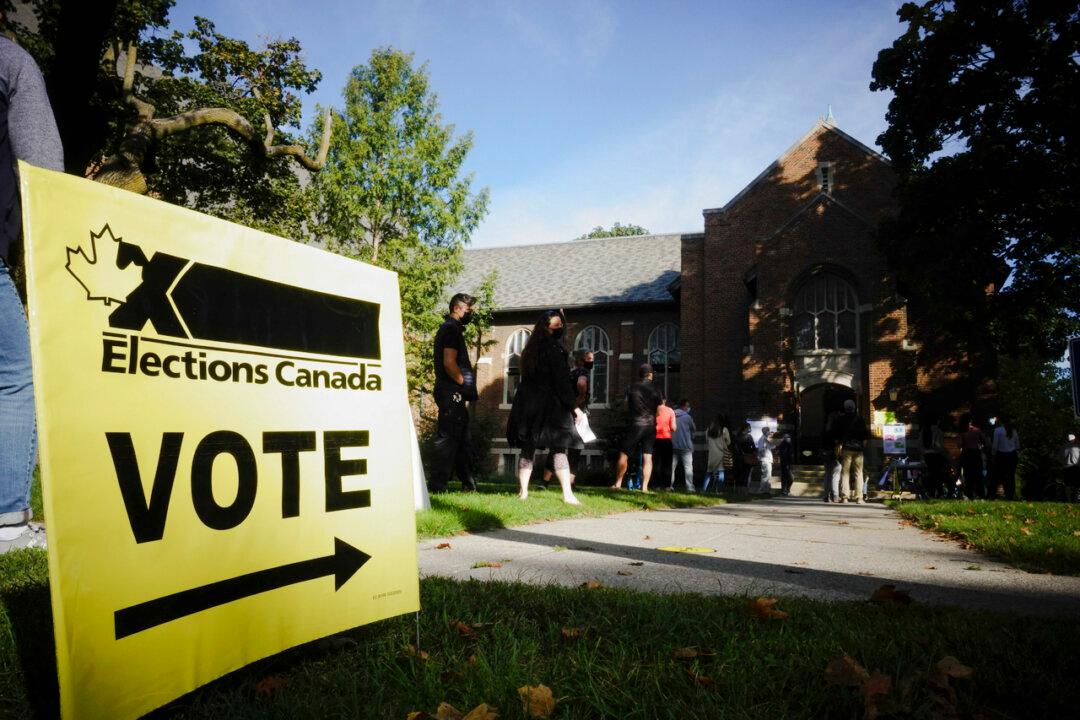More than three-quarters of Canadians say they want an immediate federal election so the federal government can have a “strong mandate” to deal with U.S. President Donald Trump’s tariff threat, according to a new poll.
The Ipsos survey, released on Jan. 21 from a sample size of 1,001 Canadians, found 67 percent are confident in Canada’s ability to respond to tariffs. Additionally, 59 percent believe Prime Minister Justin Trudeau should be leading the country’s response to the threat, rather than the premiers.





